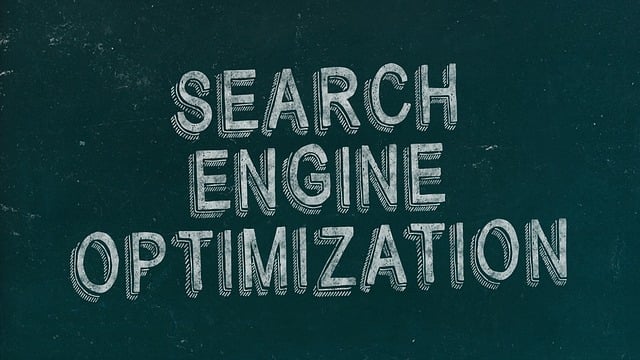Automating routine tasks with AI-powered systems is a game-changer for auto businesses, offering cost optimization, enhanced customer satisfaction, and streamlined workflows. These systems handle scheduling, inventory management, and basic customer service, freeing up employee time. In marketing, AI enables data-driven campaigns targeting specific clientele, optimizing ROI with personalized messaging. Predictive analytics help prevent costly breakdowns and optimize inventory. Embracing AI in auto shop marketing provides a competitive edge through improved efficiency and enhanced customer satisfaction.
In today’s competitive automotive landscape, businesses are increasingly turning to AI-powered systems for auto shop marketing and operations. By automating routine tasks, leveraging data-driven insights, and implementing predictive analytics, auto shops can significantly reduce costs and boost efficiency. This article explores three powerful AI cost-saving strategies: automating daily operations, optimizing marketing campaigns through data analysis, and utilizing predictive analytics for proactive maintenance, ensuring your business stays ahead while minimizing expenses.
- Automating Routine Tasks: Streamlining Operations and Cutting Costs
- Data-Driven Marketing: Targeted Campaigns for Optimal ROI
- Predictive Analytics: Proactive Maintenance and Reduced Downtime
Automating Routine Tasks: Streamlining Operations and Cutting Costs

Automating routine tasks is a game-changer for auto businesses looking to optimize their operations and slash costs. AI-powered systems can handle mundane, repetitive jobs like scheduling appointments, managing inventory, and even basic customer service inquiries with ease. By automating these processes, auto shops can reduce human error, free up valuable time for employees to focus on more complex tasks, and ultimately lower operational expenses.
For example, AI chatbots can quickly respond to customer questions about service pricing, availability, or booking appointments, providing instant support 24/7. Similarly, inventory management systems that leverage AI can predict parts demand, optimize stock levels, and automate reordering processes, minimizing excess stock and reducing waste. These advancements allow auto businesses to streamline their workflows, improve efficiency, and enhance overall customer satisfaction with cost-effective solutions.
Data-Driven Marketing: Targeted Campaigns for Optimal ROI

In today’s digital era, AI-powered systems for auto shop marketing are transforming the way businesses connect with their customers. By leveraging data analytics, auto shops can create highly targeted marketing campaigns that appeal directly to their ideal clientele. This data-driven approach ensures every marketing dollar is spent efficiently, optimizing return on investment (ROI). AI algorithms can analyze customer behavior patterns, purchase history, and demographics to pinpoint precise segments for promotional activities.
With AI, auto businesses can craft personalized messages and offers tailored to specific customer needs. For example, an AI system could identify a group of customers who regularly service their vehicles but haven’t purchased a new part in over six months. The shop could then send out targeted emails or SMS campaigns offering exclusive discounts on parts they might need, increasing the likelihood of sales and fostering customer loyalty. This strategic targeting not only saves on marketing costs but also enhances the overall effectiveness of promotional efforts.
Predictive Analytics: Proactive Maintenance and Reduced Downtime

Predictive analytics is a game-changer for auto businesses, offering a proactive approach to maintenance that can significantly reduce downtime and associated costs. AI-powered systems analyze vast amounts of vehicle data, from sensor readings to historical service records, to predict potential issues before they occur. This allows auto shops to schedule maintenance activities more efficiently, ensuring vehicles are serviced when needed, rather than on a strict timetable. By catching problems early, businesses can prevent costly breakdowns and maintain customer satisfaction.
Furthermore, these AI systems can help optimize inventory management by predicting parts requirements based on vehicle age, usage patterns, and maintenance histories. This proactive approach to inventory ensures that auto shops have the right parts in stock when needed, reducing the costs associated with overstocking or understocking. In today’s competitive market, leveraging AI-powered systems for auto shop marketing can give businesses a significant edge, improving operational efficiency while enhancing customer service.
AI offers auto businesses a powerful trio of tools with significant cost-saving potential. By automating routine tasks, leveraging data-driven marketing strategies, and implementing predictive analytics, auto shops can optimize operations, enhance efficiency, and reduce costs without compromising service quality. AI-powered systems for auto shop marketing are no longer a luxury but an essential step towards staying competitive in today’s digital era.
